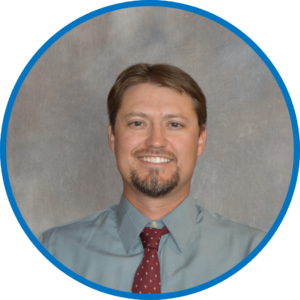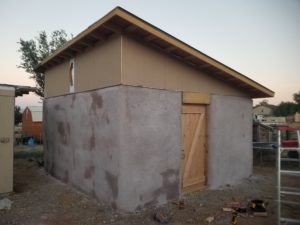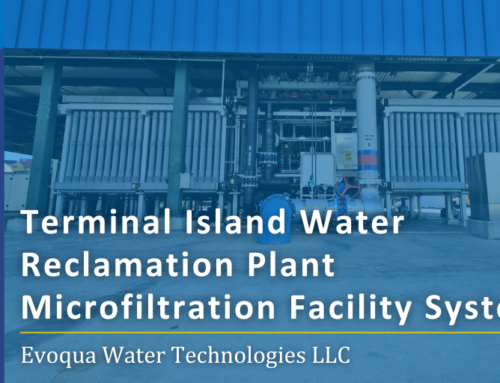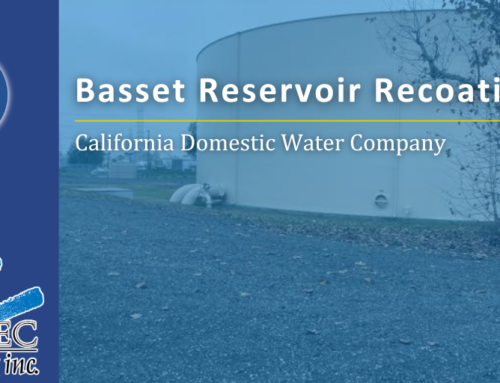Ben Tilman 
Survey Manager — Prescott
What have been some highlights of your work at Civiltec over the last decade and a half?
I started out knowing absolutely nothing about surveying or engineering to becoming a registered land surveyor while at Civiltec. The other registrants at Civiltec have always been supportive and helpful in that process, and two I would especially like to express my gratitude to are Rick Shroads and Ken Davidson. They were both instrumental in helping me along the path of learning and experience I needed. I am very proud of the quality of survey work we do at Civiltec, and it is largely due to those two men.
What project are you most proud of in your time here?
I am proud of the huge number of survey projects we have completed over the years, but some stand out in my memory. First, we did a beautiful job on an instrument survey for the Prescott Municipal Airport (Ernest A. Love Field). An instrument survey is done to get locations and elevations for any objects that could obstruct an aircraft trying to land or take off from the airport. It is intended to give them all the information they need about those obstructions, even when they are flying “instruments only,” meaning they have no visibility due to weather conditions. This very important to get right because people could die if you don’t. For this survey, we spent a month or two climbing mountains around the airport, shooting elevations on boulders in the Granite Dells and measuring the heights of power poles, trees, and buildings. We learned how to converse with Ground Control and drive safely around the airport. We had well over 100,000 individual measurements.
The second job that stands out in my mind is Drake Cement. This was one of the very first jobs I went out on when I started with Civiltec, and we are still going there. We started by locating all the mine claims they wished to buy, transitioned into staking and QC survey for the construction of the plant site and have done the design survey, staking, and as-built survey for various additions over the years. We recently completed a project installing a new network of control points for the cement plant site, which felt like the capstone to the whole series of projects. This job has been part of my entire career, and it felt like my abilities always moved along with their needs; Drake was always the project that stretched me and made me learn new things so that I could do what they needed.
The third job that I would mention is really a series of jobs. We did many projects to mitigate flooding caused by the vegetation lost to the Schultz Fire, north of Flagstaff, Arizona. All of those projects required a close relationship between Coconino County officials, the engineer, and the contractor, and I believe they were a huge benefit to the people who lived in the path of flooding. The work could be stressful due to rushed schedules and the ongoing threat of flooding with each new rain. We had to be flexible and responsive, but it definitely felt worth it when they were done.
What do you think is unique to the experience here at Civiltec?
Civiltec has always had a small-company feel, and I think that connects to what makes us so good at what we do. We feel like a small company for the same reason that we do good work; the reason is that we care. Each person on the project cares that the work on it should be good and should reflect well on all of us. We care about the people our jobs affect, and we want the things that we design to be helpful and useful to them.
What advice would you give to young people just starting their career in this field?
If you are just starting in surveying or engineering, I would advise you to get as much real-world experience as you can. If you only ever look at projects on a computer screen, you will probably get bored quickly and you will do subpar work. When you see and understand that what you’re doing is going to affect real people in their daily lives, you will feel the value and worth of what you are doing. In our modern lives, we can get so dissociated from reality that nothing feels important. When you meet the neighbors involved in your project and understand their concerns, you will realize quickly how important it is to do a good job when you are by yourself in front of your computer. Doing a good job will require understanding the real-world conditions that affect that work. Get out there and walk it!
What’s a hobby or interest that you have that others may not know about?
My main hobbies are gardening and building. I’m always working on something with one or both of those. Currently, I’m building a strawbale building to use as a shop and seed-starting shed. It is a fun project because it is something I have been interested in doing for a long time. It is a load-bearing strawbale, which means that part of the load of roof structure is supported by the straw bales themselves and the other part is by the thick stucco coats installed on the exterior of the straw bales. Most strawbale buildings are post-and-beam construction, with the straw bales used only as infill for insulation, so this was unique and fun to do. It is not finished yet; the roof and exterior are done, but I still need to plaster the inside.




